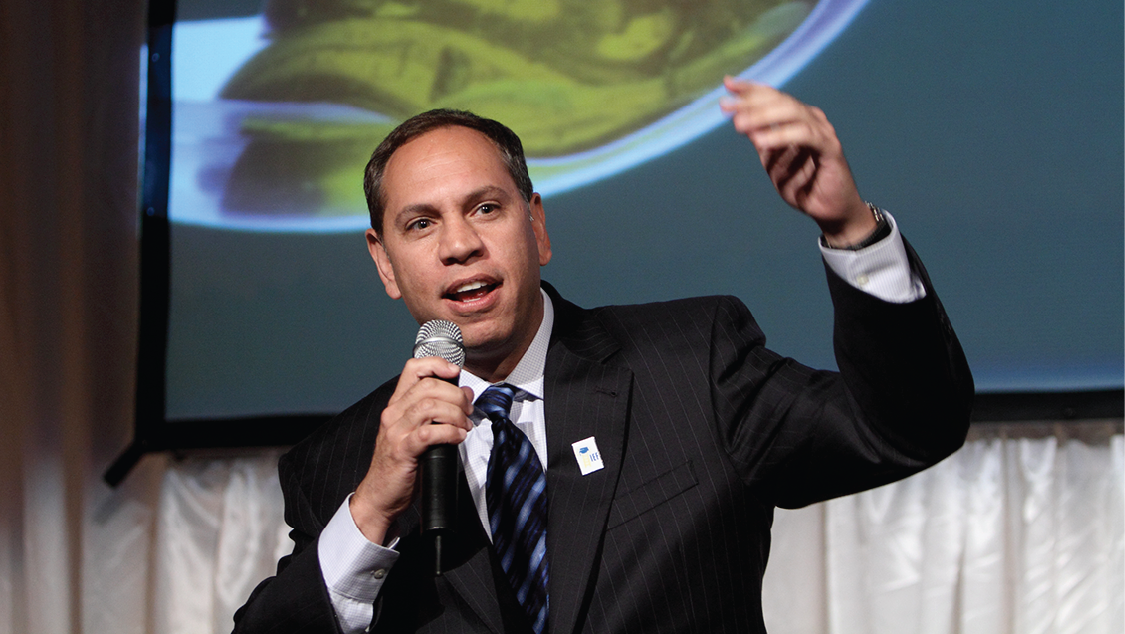By the time I presented Al Gore with the pages of the speech I’d written for him, his appearance was already running late. It was 2004, and the former Vice President had flown into St. Joseph, Missouri to rally up the troops on behalf of the party’s presidential nominee, John Kerry.
At the time, I was Kerry’s Communications Director in the Show Me State, and I had never met Gore before. He was incredibly gracious as we went over the speech. He asked questions about local facts and statistics. He underlined passages. He expressed enthusiasm and gratitude.
As Gore jumped up on stage to cheers from the audience, I stood in the back of the hall with our State Director Tony Wilson — who’d worked for Gore in the Clinton White House.
The Veep started talking. More like riffing. He wasn’t just off the page; he was full on extemporaneous. Fifteen minutes into the speech, I hadn’t heard a single word I’d written. I elbowed Tony and said — half-jokingly, “What the hell?!” Tony replied, “Don’t worry, he always does this.”
Gore was awesome. The crowd was going crazy. One minute they were cracking up and the next minute they were shouting rally cries in unison. For 45 minutes, Gore improvised. And as they say in the world of stand-up: He killed.

Listening to Gore, I was reminded of Senate and House candidates I had worked for who had totally mangled speeches I’d written for them. It’s a painful thing to watch.
Gore always had the same problem when he was a national candidate. As soon as the red camera light flickered, he seemed scripted and wooden. But when you met him in person, or even watched him on a talk show or presenting during his Oscar-winning documentary, he was a different guy.
The reason, of course, is because when you don’t feel scripted, you communicate more naturally. Gore didn’t need my speech. He had the juice all by himself — because he was fully at ease in that particular venue. Not a candidate. Just Al Gore.
Like anything else, effective public speaking takes practice. And many people are just born with an innate talent for communicating. Still, no matter how nervous or downright scared you might get before speaking to a live audience, authenticity is the key. Relaxation leads to expressing yourself in an authentic fashion.
A polished and error-free presentation is great, but it’s not essential to connecting with your audience. Being genuine vastly increases the power of any message you want to express. Smile. Laugh at yourself. Laugh at your mistakes, in real time. Those eyes and ears out there are attached to actual people, just like you. When they see some of themselves in the “expert” or “authority” speaking to them, it’s a comfort. It’s relatable. And that’s the real connection.


